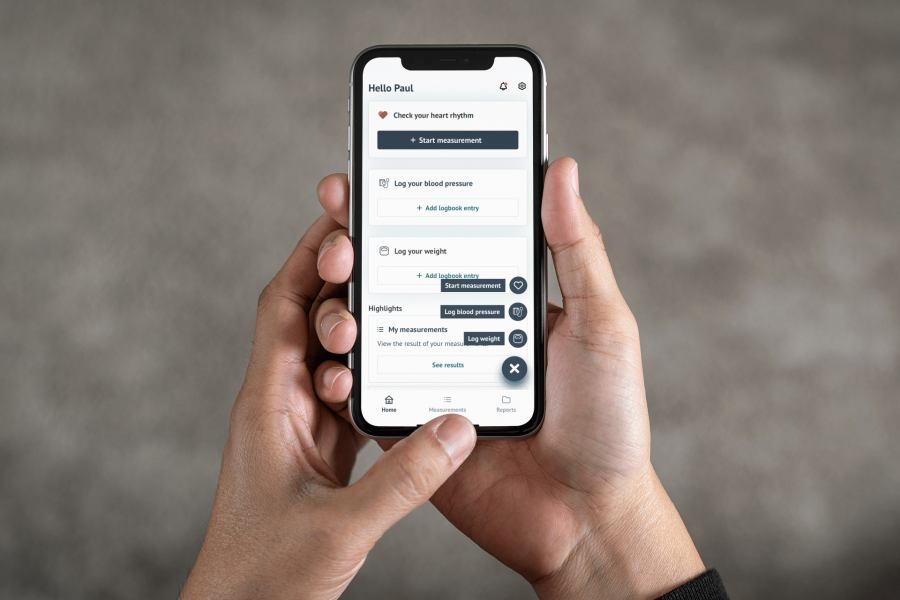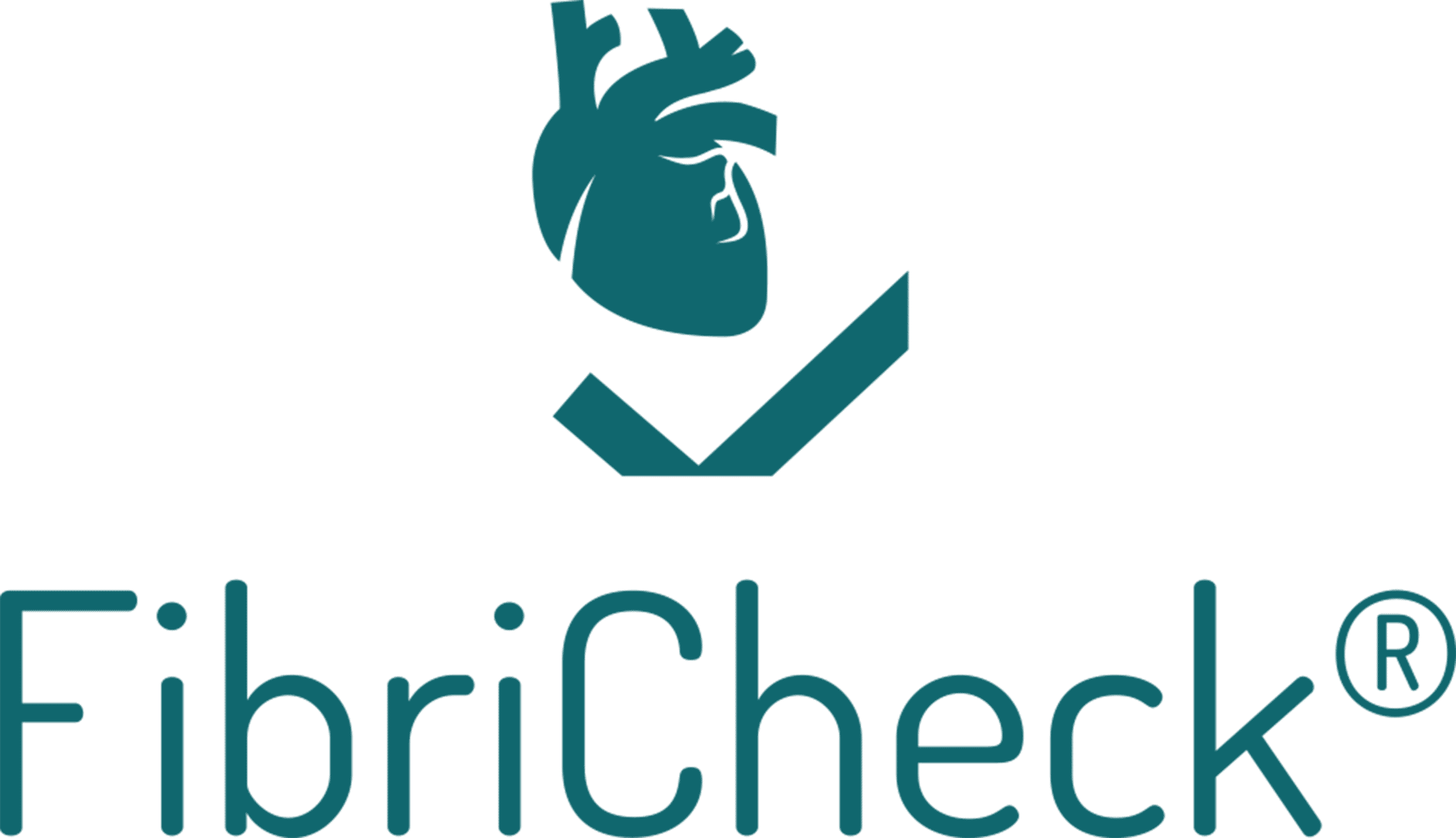Snoring and frequently gasping for air while you’re sleeping may point to sleep apnea, a common health condition which may affect your quality of life and trigger other health conditions. In this article, you’ll find more information about this condition and its impact on the heart.
What is sleep apnea?
Sleep apnea is a common condition that affects approximately 936 million adults all around the world. This condition can happen to anyone, but mostly men aged over 50 are affected. If you have sleep apnea, then your breathing stops and restarts several times while you’re asleep. Some people with sleep apnea may not notice any symptoms apart from feeling tired. Others may snore or gasp during their sleep.
Sleep apnea can have a serious impact on your health, as your body can’t receive enough oxygen throughout the night. Some common consequences of sleep apnea include:
- Headaches
- Concentration and memory issues
- Mental health issues such as depression and lack of motivation
- Type 2 diabetes
- High blood pressure
- Heart failure
- Heart rhythm conditions such as atrial fibrillation
- Stroke
- Kidney disease
- Sexual dysfunction
Sleep apnea can have several causes. Most often, it happens when there is something blocking the upper airway so that air can’t pass anymore. This can be due to obesity, large tonsils or hormonal issues. Another, less common cause may be health conditions that affect the way your brain controls your breathing.

What is the link between sleep apnea and heart health?
Studies have shown that obstructive sleep apnea can increase the risk of heart failure by 140%, the risk of stroke by 60%, the risk of atrial fibrillation by 25%, and the risk of coronary heart disease by 30%. On the other hand, approximately 62% of atrial fibrillation patients have obstructive sleep apnea, which underlines the importance of a collaborative approach including regular heart health checks in this population.
The connection between sleep apnea and heart health is still being researched, but studies show various links:
- When you’re experiencing issues with your breathing throughout the night, your autonomic nervous system (the part of your brain that acts automatically) causes the blood vessels to tighten, which decreases the flow of oxygen. This often goes combined with an increase in blood pressure and heart rate, which may eventually lead to high blood pressure. High blood pressure is an important factor for cardiovascular disease.
- Higher levels of endothelin (a molecule which helps regulate blood pressure by tightening your blood vessels) and lower levels of nitric oxide (a molecule which helps regulate blood pressure by relaxing your blood vessels) have been noticed in people with sleep apnea. This can cause higher blood pressure as well.
- Recent studies have shown that the lower levels of oxygen may cause oxidative stress and inflammation to the cells of the blood vessels, which also leads to cardiovascular disease.
- When the brain doesn’t receive enough oxygen due to sleep apnea, you can wake up abruptly. This causes stress on the heart muscle which can contribute to the development of atrial fibrillation.
What can be done about sleep apnea?
If you suspect that you may have sleep apnea, then it’s important to talk to your healthcare provider. After discussing your symptoms and medical history, your physician may opt for a sleep study. During such a study, your heart rate, breathing, blood oxygen levels, and brain waves will be monitored while sleeping.
After you’ve been diagnosed, your sleep apnea can be treated by using a continuous positive air pressure (CPAP) machine, in combination with lifestyle changes. It is also necessary to work on the cause of your sleep apnea.
FibriCheck as a versatile tool for heart health management
At FibriCheck, we are convinced that a multi-disciplinary approach taking into account various comorbidities for heart health conditions is beneficial for both patients and healthcare providers. With our technology, users can follow up on their heart rate, heart rhythm and blood pressure, which are all important parameters for heart health. For those with sleep apnea, FibriCheck can be a valuable addition to your health management, as the effects of sleep apnea on the heart can easily be followed up over time.

Research into sleep apnea and heart health
Clinical studies are continuously being conducted in order to find out more about sleep apnea and its effect on the heart. This way, scientific advancements can be made, which can improve the detection and the outcome of sleep apnea as well as the consequences it may have on your body.
At FibriCheck, we are committed to innovation and driving scientific advancements. Our technology is being used in various studies that investigate sleep apnea, such as:
- The STAROSA study, in which patients who have atrial fibrillation are asked to use (cardio)respiratory polygraphy devices (NOX-T3) and a Fitbit with FibriCheck’s technology in order to see whether a structured testing and treatment program for obstructive sleep apnea can have an impact on the proportion of atrial fibrillation.
- Mini VIR-SAAF is a study using FibriCheck, sensors for sleep apnea diagnosis (NightOwl) and physical activity (SENS Motion) in order to see whether sleep apnea detection in patients with atrial fibrillation can be done in a fully remote setting.
Want to know more about FibriCheck and its possibilities? Visit https://www.fibricheck.com/
References
https://www.ncoa.org/adviser/sleep/sleep-apnea-statistics
https://www.nhlbi.nih.gov/health/sleep-apnea
https://www.nhlbi.nih.gov/health/sleep-deprivation/health-effects
https://www.ncbi.nlm.nih.gov/pmc/articles/PMC2546461
https://www.hrsonline.org/documents/atrial-fibrillation-and-sleep-apnea/download
https://classic.clinicaltrials.gov/ct2/show/NCT06263608
https://clinicaltrials.gov/study/NCT06188247?term=FibriCheck&page=2&rank=11
Created on March 25th, 2024 at 08:48 am
Last updated on October 17th, 2024 at 10:19 am



